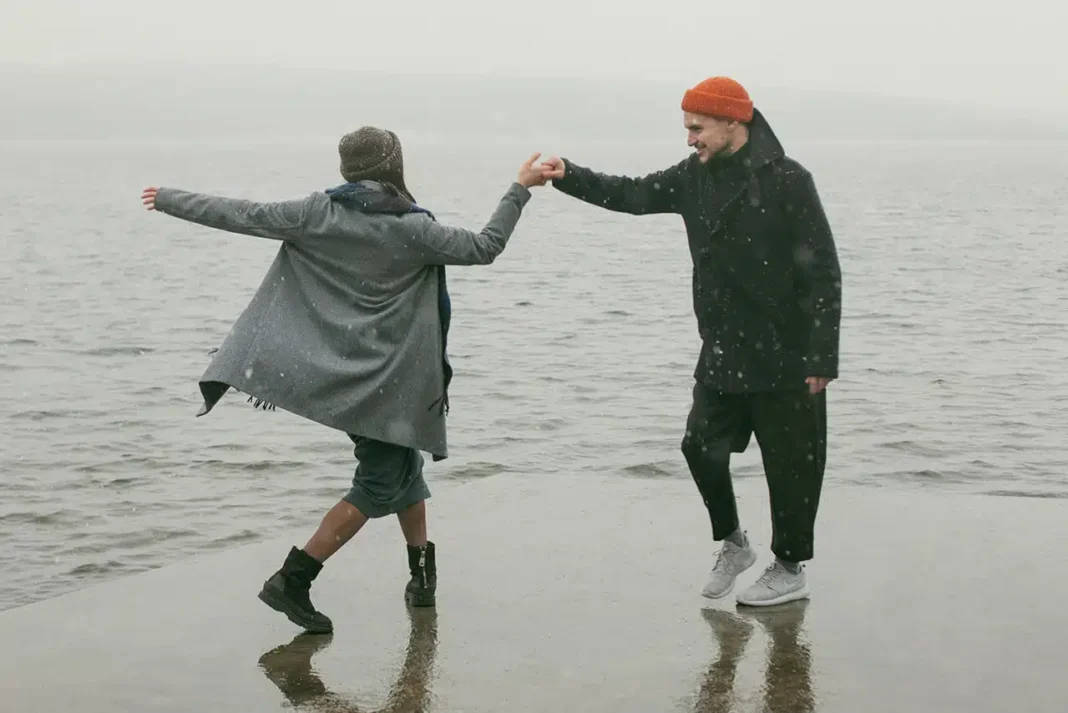Human relationships… Difficult to build, yet so easy to break. To love, to be loved, to admire, to feel proud — all are unique parts of our connections. But what about hurting, being hurt, disappointment, inadequacy? Aren’t these the parts we wish to escape from, yet never can?
“Promise you won’t hurt me.”
“He would never break my heart.”
But is such a thing even possible? Are there truly relationships where we are never hurt or disappointed? Every relationship represents a world — just as every person represents a world. Each of us is unique, a universe of our own with its own balance. Just as a life without illness or injury is impossible, so is a relationship without pain or heartbreak.
In truth, it all begins with our instinct for self-protection. Just as we check the car before a long trip to prevent possible accidents, we ask for promises and assurances in relationships to feel safe. Because we are afraid. Physical pain has cures; but the pain of the soul — that’s something we have yet to master. When we catch a cold, we drink tea, eat fruit, or go to the doctor. But what should we drink, eat, or where should we go when our soul is hurt? The healing of the soul belongs more to the scientific side of psychology — and most of us aren’t yet ready to face that. So we try to take precautions, seeking safety. Yet, the immaterial side of human relationships begins right there. They are not signed contracts or written agreements — rather like a small sign that reads, “The management is not responsible for lost items.” If something gets lost, you have no claim — you either continue with that knowledge or never begin at all.
So what should we do? How do we overcome this fear? The most common way to conquer fear is exposure. But perhaps we don’t need to conquer it at all. What we truly need is peace — peace with all our emotions. Sadness, fear, disappointment, anger… all of them, just like joy, love, peace, and hope, form the wholeness of our soul. They are teammates working together to keep us balanced. Just like the Yin-Yang philosophy. The priority of Yin-Yang is balance and harmony. Yin and Yang represent the idea that all opposites must coexist in harmony for life to sustain. These opposites are not ranked as good or bad; rather, Yin and Yang are complementary (Çınar, 2023, p. 277). Seeing our emotions as complements of one another and living each of them fully is vital for emotional health.
In short, we must normalize our fears. We must accept that a life without fear would also disrupt our balance and serve no real good. We should fear, be sad, and cry — without belittling or avoiding these feelings. They are the essential pieces of the puzzle that makes up our soul.
In the end, just as we cannot promise anyone that we will never hurt them, we cannot ask for such a promise either — because these are not promises we can truly keep. To value someone deeply is to accept the risk of hurt. We only get hurt by those we truly love. To prevent irreversible pain, we can set boundaries — but even that can only minimize the damage.
So, for all our human relationships:
“Dear passengers, welcome to your relationship! For your safety, please keep your fears in the background, keep your red lines visible, and fasten your emotional seatbelts. In case of an emotional crash, don’t forget to press the ‘I want to leave’ button before it’s too late. We wish you a pleasant flight.”
References
Çınar, U. (2023). Feng Shui philosophy and the relationship with ergonomics.
In S. Sarıbaş (Ed.), Social Sciences in a Globalizing World (pp. 271–282). Duvar Publishing.


